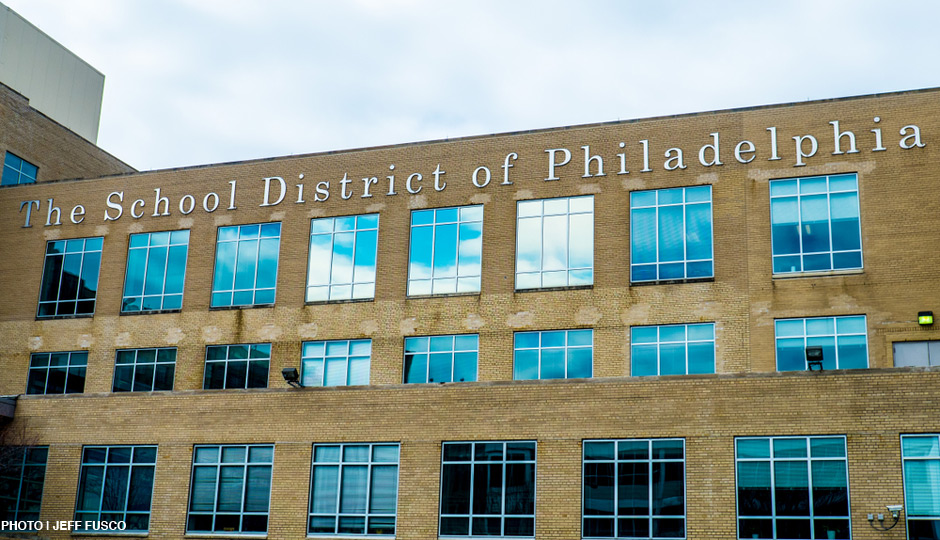Analysis: The SRC Can’t Win

Now we know for sure: There is no good way to govern Philadelphia schools — because all attempts to do so will end in tears.
Today, those tears belong to Bill Green, who gave up a council seat last year to make a longshot bet that he could lead Philadelphia schools into a new, brighter era. Now he’s apparently lost that bet, pending the outcome of a legal challenge — but the issues exposed by his untimely fall from grace have not. The Philadelphia School District is all but ungovernable.
A central issue: One underlying assumption of the state takeover of the Philadelphia school district — lo these many years ago — was that the state would speak with something like one voice. Yes, the governor gets to choose three of the School Reform Commission’s five members, and three people can generate disagreement on any topic. But the direction from Harrisburg, at least, was supposed to be somewhat consistent.
Not so.
To whom in Harrisburg should the SRC be listening? To House Speaker Mike Turzai? When the SRC voted last month to approve five charters, it did so knowing Turzai — a school reform proponent — held a budget hammer over the district’s head that might come crashing down if a few charters weren’t approved. To Gov. Tom Wolf? Who didn’t want the charters approved? Well he does do the appointing — as he made clear on Sunday night.
Everybody’s got a stick; there are precious few carrots on offer. And that makes the current governance of Philly schools pretty much untenable. Heads: Lose your job. Tails: Lose your funding. When you can’t win, you tend not to.
What would work? An elected school board? The standard response is that it would be too politicized. Every time the issue comes up, somebody asks: “Do you really want Johnny Doc picking the school board?” (In fact, labor leader John Dougherty might pick a great board, but you get the point.)
What about a mayor-appointed board? We’ve already been there and done that: It was a mayor-appointed board that led the way into the financial mess that triggered the state takeover of Philadelphia schools. Besides: City Council is starting to make noises about having greater control over mayoral appointments — if you like how the Wolf-Turzai dynamic is playing out at the SRC level, imagine setting the Michael Nutter–Darrell Clarke carousel of dysfunction loose on it.
So what’s left? Is there any way to govern Philadelphia schools and help them achieve a modicum of success?
Susan Gobreski thinks so. She leads Education Voters Pennsylvania, and back in November, she put forth what might best be called an “all of the above” option.
Under that option, the school board would look like this: Nine members — four elected, five appointed. Two of the appointees would come from the governor, one from the Philadelphia delegation to Harrisburg, one from the mayor and one from the council.
“The mere presence of popularly elected people could impact the way that the appointed people serve and they would in turn raise the bar for all,” she wrote in her November Notebook article describing the option.
Sounds nice. It could also create a nine-headed monster that brings the flaws of every one of its governing predecessors into sharp relief. Still, Gobreski is worth listening to. Why? Because even as she makes the proposal, she keeps an eye on students and their welfare.
“All this time and energy goes to changing and shifting governance. It’s the wrong emphasis,” she says. “We need a good superintendent whom good principals want to work for, who in turn will create good environments that teachers want to teach in. The emphasis needs to move from governance to the buildings.”
Our kids still need educating, after all. But as long as governing the schools is impossible — or nearly so — doing right by those students will be difficult.
Follow @JoelMMathis on Twitter.


